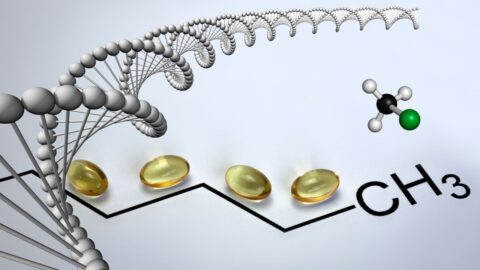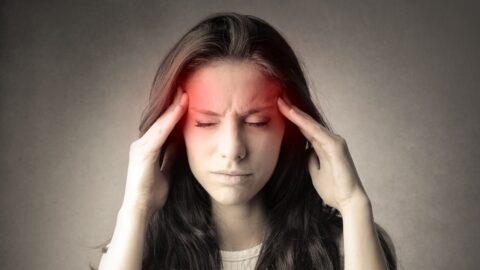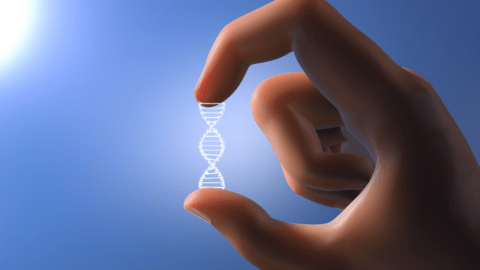Understanding Female Hormones
by Vanita Dahia
Many would argue that it’s hard to understand a female and her hormones.
Women experience hormonal fluctuations throughout their lives as they transition from puberty and fertility to menopause. Sex hormones affect mood. Fluctuating hormones drive conditions like PMS, PMDD and menopausal hot flushes. There are many clinical challenges affected by fluctuating gonadal hormones like estrogens and progesterone. When hormones are in balance, a woman can feel energised and emotionally stable.
When does a Woman’s Hormones Fluctuate?
A woman’s hormones fluctuate throughout her menstrual cycle. The menstrual cycle is divided into four phases:
- The follicular phase: This phase begins with the first day of menstruation and ends when ovulation occurs. During this phase, the levels of estrogen and follicle-stimulating hormone (FSH) increase, which helps to mature an egg follicle in the ovary.
- The ovulatory phase: This phase occurs about 14 days before the start of the next menstrual period. During this phase, the egg follicle ruptures and releases the egg into the fallopian tube.
- The luteal phase: This phase begins after ovulation and ends with the start of the next menstrual period. During this phase, the levels of progesterone and luteinizing hormone (LH) increase, which helps to prepare the uterus for pregnancy.
- The menstrual phase: This phase begins with the start of menstruation and ends when the next follicular phase begins. During this phase, the levels of estrogen and progesterone decrease, which causes the lining of the uterus to break down and be shed.
Symptoms of Hormonal Fluctuation
The levels of estrogen and progesterone fluctuate throughout the menstrual cycle, and this can cause a variety of symptoms, including:
- Fluctuating mood: Estrogen and progesterone can affect mood, and some women may experience mood swings during their menstrual cycle.
- Breast tenderness: Estrogen can cause the breasts to become tender and swollen.
- Acne: Estrogen can also cause acne.
- Irritability: Progesterone can cause irritability and mood swings.
- Headaches: Estrogen and progesterone can both cause headaches.
- Weight gain: Progesterone can cause water retention, which can lead to weight gain.
- Fatigue: Estrogen and progesterone can both cause fatigue.
Educational Webinar
Understanding Female Hormones
In this webinar, you will learn:
⦁ Travel through the cascade of hormones in a cycle
⦁ What does it mean to have low of high levels of hormones
⦁ How progesterone and estrogens orchestrate with androgens in vitality, sexual health, mood and wellbeing
⦁ Complex female hormonal conditions like PCOS, endometriosis and fibroids
⦁ Bring hormones into harmony with natural medicine and pharmaceutical management strategies
Test for Female Hormones – PMS, Menopause, PCOS, Endometriosis, Fertility
Check your hormone health Female Hormone, Adrenal, and Thyroid Balance Questionnaire.
See video on how to Test for Female Hormones – PMS, Menopause, PCOS, Endometriosis, Fertility






